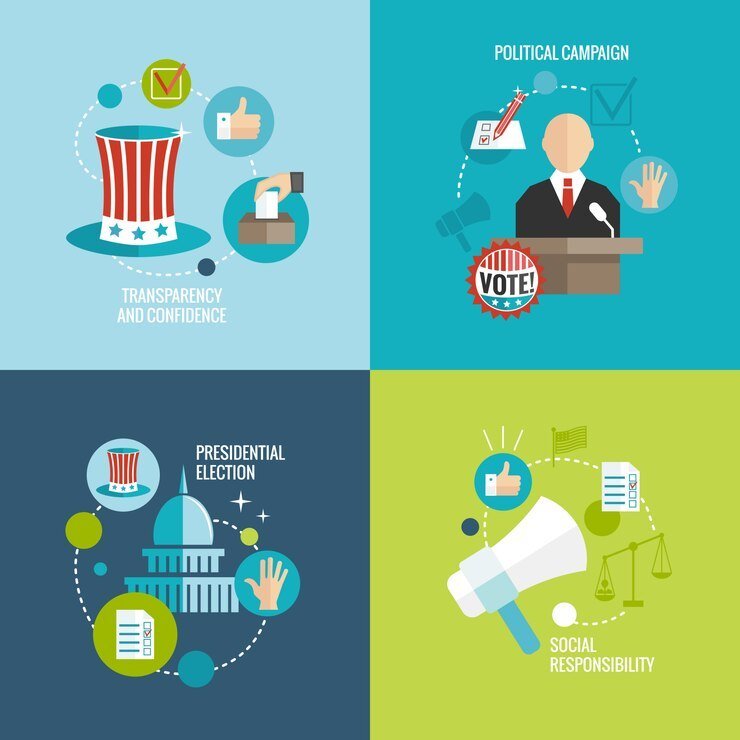Recall in Politics: Understanding the Process and Impact

The concept of recall in politics serves as a powerful mechanism for democratic accountability. It empowers citizens to remove elected officials from office before the end of their term. This democratic tool, although not universally implemented, is a critical aspect of participatory governance in several jurisdictions. In this article, we will explore the recall process, its significance, and the impact it has on political landscapes.
The Recall Process
-
Initiation: The recall in politics process typically begins with the initiation phase, where citizens or political groups express dissatisfaction with an elected official's performance. Common reasons include misconduct, abuse of power, or failure to fulfill campaign promises.
-
Petition: Once the decision to pursue a recall is made, a petition must be circulated to gather a requisite number of signatures from registered voters. The required number varies by jurisdiction but generally represents a significant percentage of the electorate.
-
Verification: After collecting signatures, the petition undergoes a verification process by the relevant electoral authority. This step ensures the legitimacy of the signatures and compliance with legal requirements.
-
Recall Election: If the petition is verified, a recall election is scheduled. During this election, voters decide whether to remove the official from office. In some systems, voters may simultaneously select a replacement candidate.
Significance of Recall
-
Accountability: Recall elections hold elected officials accountable to their constituents throughout their term, not just during regular elections. This continuous oversight can deter misconduct and ensure adherence to campaign promises.
-
Empowerment: The recall process empowers citizens, giving them a direct voice in their governance. It reinforces the principle that political power ultimately resides with the people.
-
Democratic Engagement: Recall campaigns often stimulate political engagement and awareness among the electorate. They encourage citizens to actively participate in the democratic process and advocate for their interests.
Impact on Political Landscapes
-
Political Stability: While recalls can be a tool for accountability, they can also contribute to political instability. Frequent recall attempts may lead to a volatile political environment, distracting officials from their duties.
-
Campaign Dynamics: The possibility of a recall influences political campaigns. Candidates may adopt more cautious or populist approaches to avoid actions that could trigger recall efforts.
-
Public Trust: Successful recalls can restore public trust in the political system by demonstrating that elected officials are answerable to their constituents. However, failed recall attempts may have the opposite effect, leading to disillusionment.
Conclusion
Recall in politics is a double-edged sword. It serves as a vital check on political power, promoting accountability and citizen empowerment. However, it also poses challenges to political stability and can alter campaign dynamics. Understanding the recall process and its implications is essential for appreciating its role in modern democratic governance. As citizens, staying informed and engaged in such processes ensures that we actively contribute to the health and vibrancy of our political systems.
What's Your Reaction?










![Wireless Connectivity Software Market Size, Share | Statistics [2032]](https://handyclassified.com/uploads/images/202404/image_100x75_661f3be896033.jpg)



